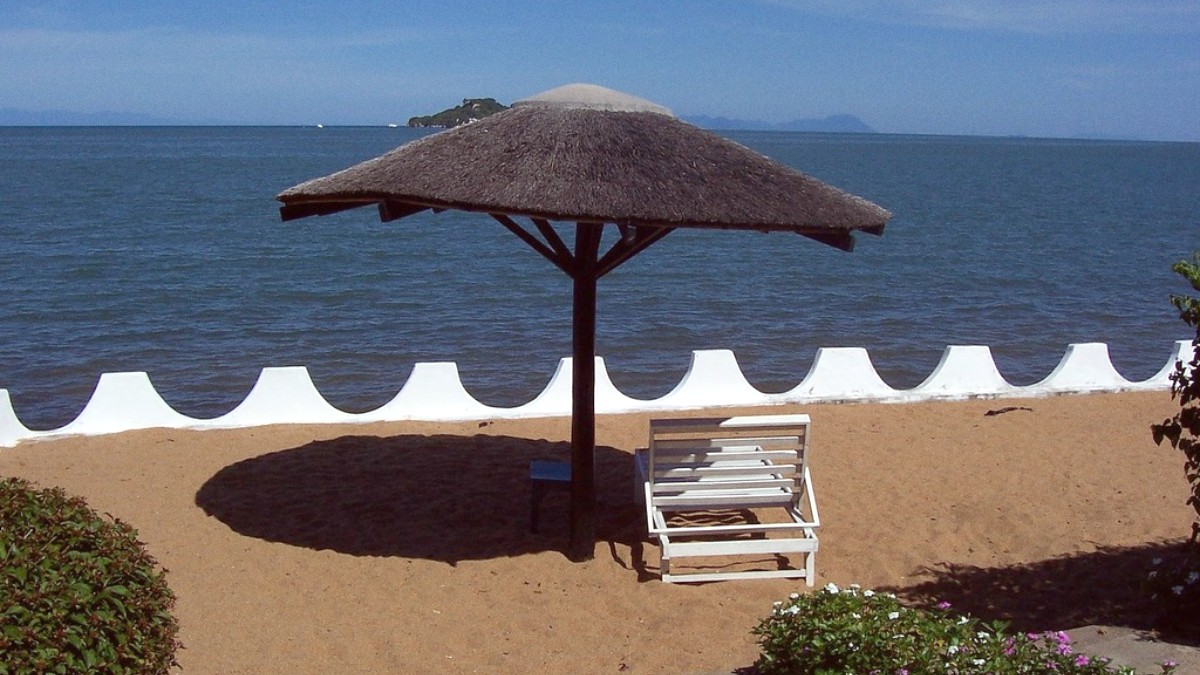
Malawi
Lake Malawi National Park, an UNESCO World Heritage Site, is a specific designation to protect the lake's unique biodiversity, especially endemic cichlid fish species.
African Parks, a non-profit conservation organization, manages several national parks and wildlife reserves in Malawi. Their efforts involve restoring and managing wildlife populations while integrating local communities in conservation.
Waste management, especially plastic waste, is a significant challenge. Recycling infrastructure remains very limited. Be mindful of water usage during your stay.
Cultural sensitivity makes your journey more meaningful and respectful.
Support local craftspeople and cultural initiatives that work to preserve traditional arts, music, dance, and practices.
Dress modestly, especially when visiting villages or non-tourist areas, as a sign of respect for local customs. Always ask for permission before photographing people, especially children.
Always prioritize the privacy and dignity of individuals. Avoid intrusive photography in all situations, specifically in sensitive areas or during private moments.
When visiting a religious site (e.g., a church or mosque), dress conservatively. Remove your shoes if entering a mosque or a specific area within a church where it aligns with custom.
Choose lodges and operators committed to environmental stewardship. Minimize your waste and water use.
Find Eco StaysBuy directly from local artisans. Support fair trade shops. Bargain respectfully for souvenirs.
Shop ReusablesYour visit can yield a positive economic outcome for Malawi and its people.
Choose lodges and tour operators that directly employ local people and feature clear community benefit programs. These programs might include village levies, support for local schools, or healthcare clinics.
Purchase souvenirs directly from artisans in villages or from shops that explicitly state their commitment to fair trade practices. This ensures that your spending directly benefits the makers.
Eat at local restaurants and street food stalls (with a mind for hygiene standards). Use local transport like minibuses (matolas) for short distances; this provides income to local drivers and conductors.
Do not give money directly to begging children. This practice can reinforce begging and deter children from attending school. Instead, support reputable community projects or schools through donations to established organizations.
If you wish to make a charitable contribution, do so through reputable, registered Non-Governmental Organizations (NGOs) or community projects.
Organizations can ensure your contribution provides a lasting, positive outcome, rather than individual handouts which can create dependency.
Your lodge may be able to suggest local projects they endorse or are affiliated with.
Directly funding a school or health clinic via an established body promotes community development.